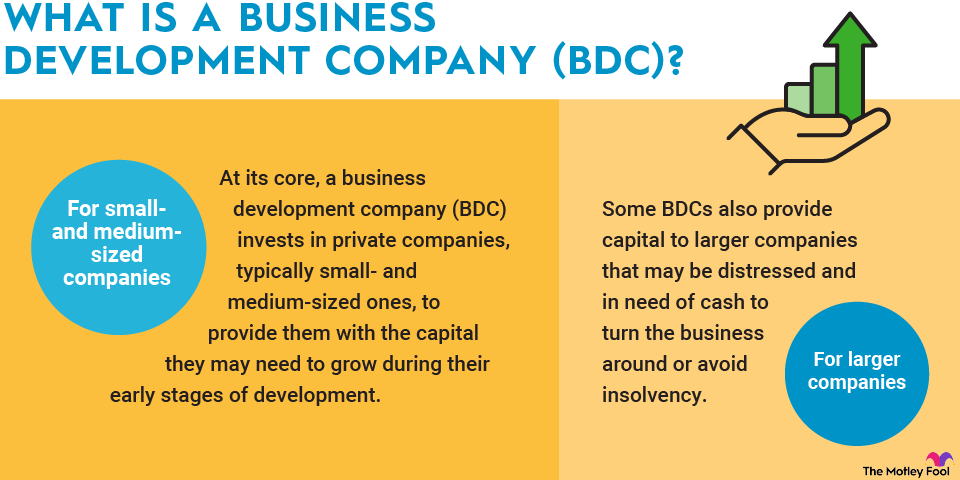Account for the unexpected
A good budget accounts for surprise expenses. In a home budget, it's smart to allocate a monthly deposit to an emergency fund. You can then use the cash in that fund to cover unexpected outlays. At work, you can use a contingency line item to allocate funds for some future, unnamed purpose.
Allocate every penny
Even if your revenue is higher expenses, allocate all extra income to debt paydown, emergency fund deposits, or investing. This allows you to make longer-range financial plans, such as projecting when you'll be debt-free.
Separate retirement contributions and healthcare expenses
For home budgets, it is helpful to itemize expenses that are deducted from your paycheck. Retirement contributions and healthcare expenses are the big ones. When you know what you're spending on these, you can make better decisions about changing jobs. You can also project your retirement savings more accurately.
To do this, you'd adjust your revenue by adding those items back to your net pay. Then, you'd create expense lines for them.
Prioritize expenses
Consider prioritizing your expenses in terms of "must have" and "nice to have." Doing so will make it easier to determine where to cut if your budget doesn't balance.
Remember the reasons
Tracking and adjusting your spending to fit your budget can be tedious. Stay the course with a goal that keeps you motivated. Maybe you want to pay down debt, retire early, or get the manager role at work. Whatever the goal is, write it down and keep it close at hand.
Related investing topics




















